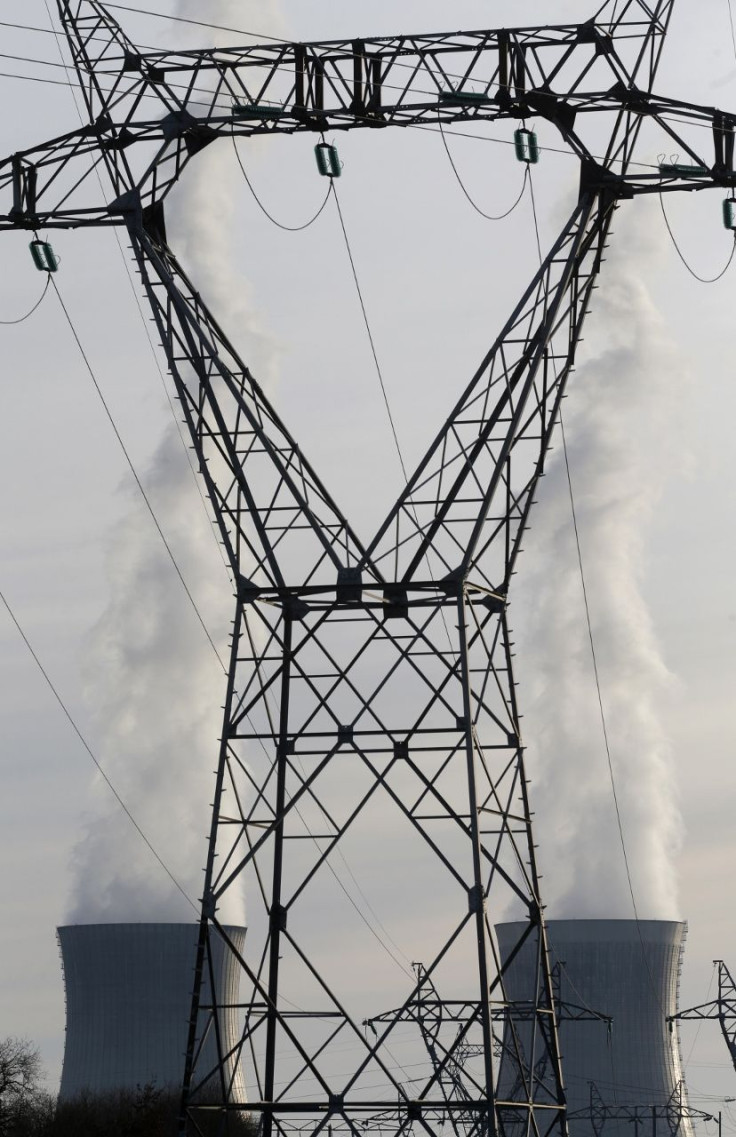Russia Is World Leader In Nuclear Technology, Says World Nuclear Association

New research published by the World Nuclear Association, or WNA, in March 2015 has said Russia is now the world’s leader in fast neutron reactor technology. The findings coincided with the announcement of state-owned Rosatom which said it will push through with plans to construct nuclear power plants overseas regardless of the country’s slowing economic growth. Russia gained the distinction because it readily shares its knowledge, analysts said, compared to the United States which perceives developing countries will use the technology apart from building nuclear power plants.
The WNA noted Russia’s efficiency of nuclear generation has actually improved dramatically since the mid-1990s. The testament, the association said, was the more than 20 nuclear power reactors confirmed or planned for export construction.
Rosatom, for one, clinched a $10-billion agreement on March 24 to build Jordan’s first nuclear power plant. It also has deals to build nuclear power plants in Finland and in Egypt, as well as a contract to expand Hungary's only operating nuclear power station in Paks.
Russia is "moving steadily forward with plans for much expanded role of nuclear energy, including development of new reactor technology," the WNA said. It noted the exports of nuclear goods and services are actually a “major Russian policy and economic objective."
WNA said Russia’s total international nuclear power plant construction deals amount to more than $100 billion worth. Russia is preferred because of its cheaper price, safety and willingness to share knowledge, the association pointed out.
Ivan Kapitonov, an academic at Russia's RANHIGS University, quoted by World Bulletin, said global countries have been turning to Russia because its standards in nuclear technology have high security processes. "All Russia's projects are multi-layered and designed to withstand various risks such as plane crashes and terrorist attacks," Kapitonov said.
Sergey Kondratyev, head of economics at the Institute for Energy and Finance, believed the U.S.’ continued refusal to help developing countries gain access to nuclear technology is helping Russia. "The U.S. is concerned that developing countries will build weapons with the nuclear technology and is pressuring its allies to prevent the transfer of nuclear knowledge to such countries," he said.
To report problems or to leave feedback about this article, email: e.misa@ibtimes.com.au.





















